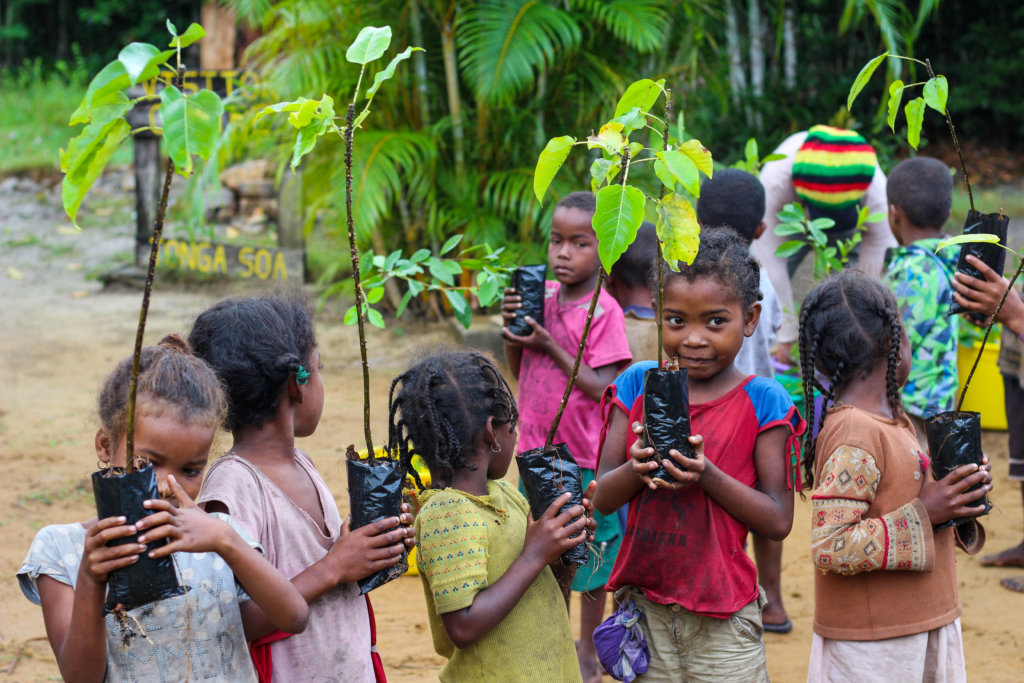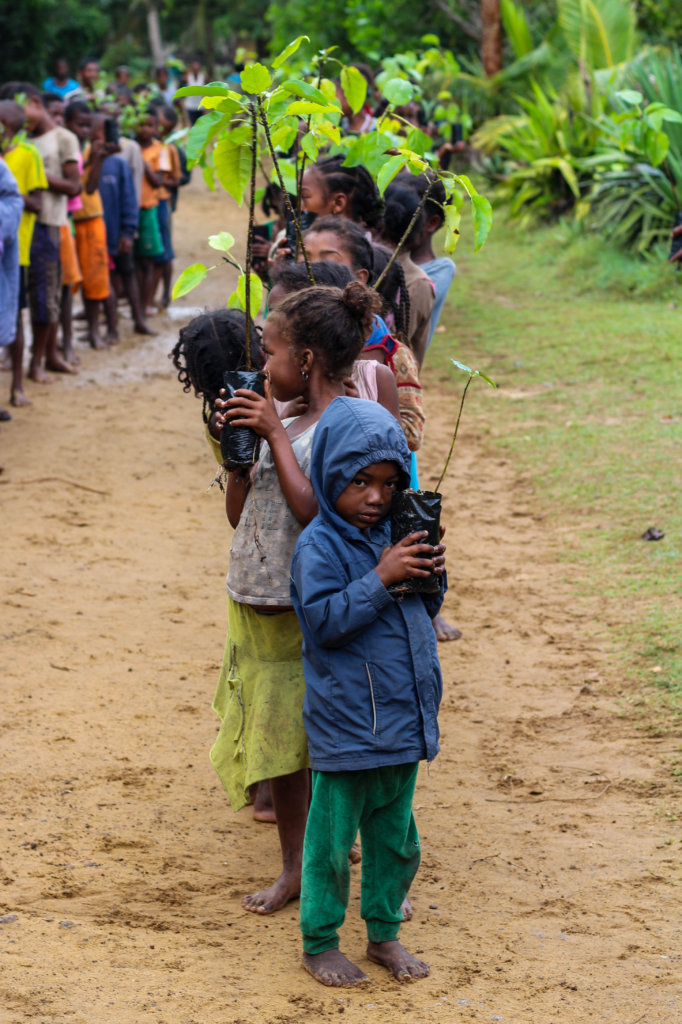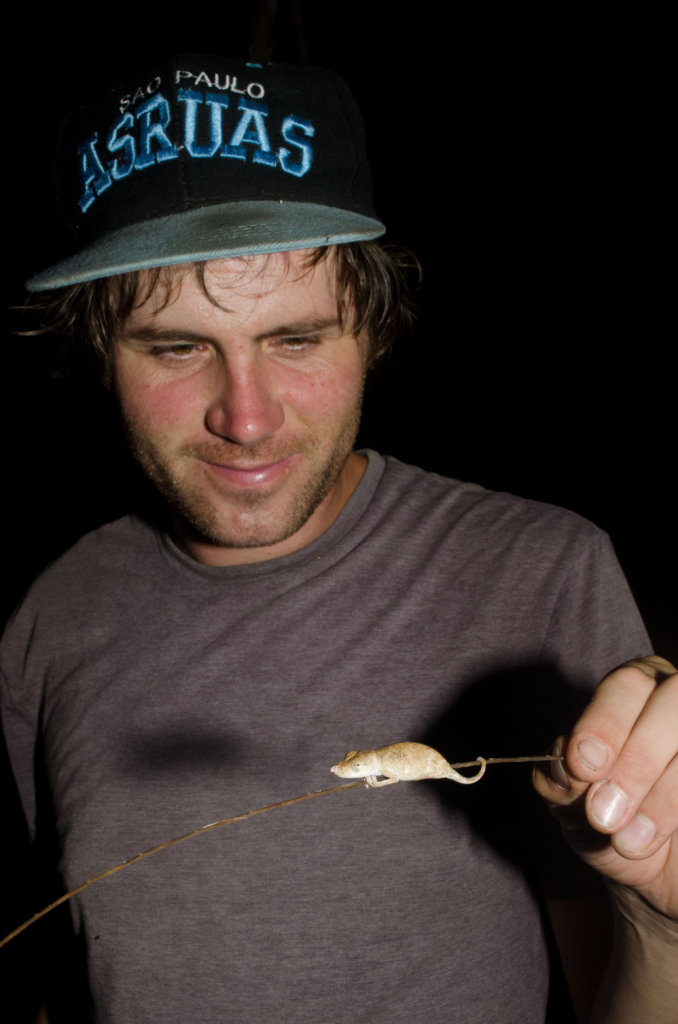By Allison Burtenshaw-deVries | Head of Project Development
SEED Madagascar are celebrating the recent return of the Primary Investigator for Project Microcebus! Sam will be rejoining our team out at our research camp in the Sainte Luce littoral forest at the start of August, where we’ll begin by investigating the smaller and less researched forest fragments for the presence of mouse lemurs.
Due to their small size and fragmented nature it looks unlikely that mouse lemurs will be present in these sections of forest, however researching lesser known areas will help to definitively locate any and all populations of this new species. We will also be radio tagging and tracking mouse lemurs for six months to better understand their locations and movements.
In the meantime, our Conservation Programme team have continued ongoing population abundance and density research for the lemur species present in the Sainte Luce littoral forest, including the mouse lemur. Mouse lemurs enter a state of torpor, or semi-hibernation, to conserve resources and survive the cooler winter months, but the team still occasionally see males out on their night surveys! However, as we enter spring in the southern hemisphere we think that more and more of the mouse lemurs will be visible on night walks.
Our community-centred conservation model also means there is much more to Project Microcebus than simply conducting scientific research. The team has been working hard within the local community to raise awareness of this special new species, including all the fun and celebration of World Environment Day! Every year SEED celebrates this international holiday with the entirety of the Sainte Luce community, discussing and celebrating the unique forest environment the community lives in.
This year's global theme was "Connecting People to Nature", imploring everyone to get outdoors and into nature to appreciate its beauty and importance, and to protect the Earth that we share. On the 5th June, the team put together some fun events for members of our free conservation club, Club Atasatsaky, with the kids planting fruit tree saplings along the edge of the forest. The fig and guava trees were selected for their suitability to provide food for the endemic Madagascar flying fox bat, which in turn will reduce conflict with fruit farmers who view the bats as pests. Not only will these saplings aid in the conservation of an endemic bat species, but they will also one day provide additional habitat for the lemurs who dwell in the forest!
Project reports on GlobalGiving are posted directly to globalgiving.org by Project Leaders as they are completed, generally every 3-4 months. To protect the integrity of these documents, GlobalGiving does not alter them; therefore you may find some language or formatting issues.
If you donate to this project or have donated to this project, you can receive an email when this project posts a report. You can also subscribe for reports without donating.


